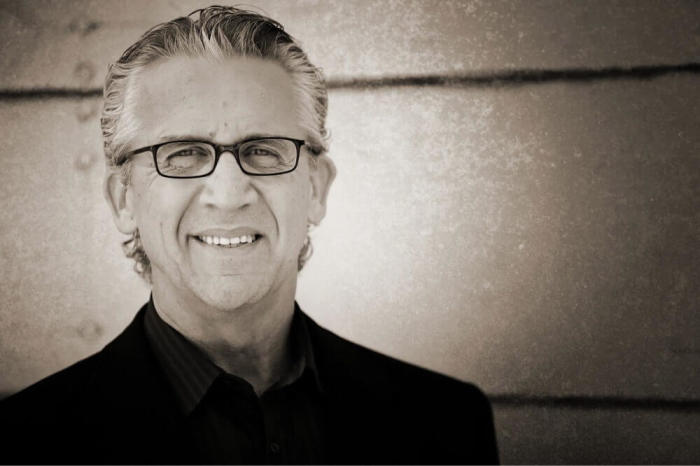Bethel Church Pastor Bill Johnson on Jesus' Lifestyle, Miracle Healings Today (Interview)

If you ask Bill Johnson, many Christians will say they believe God is good because the Bible says so, but the way they interpret His goodness is another matter entirely.
Johnson, 65, who is the senior pastor of Bethel Church in Redding, California, said in a recent interview with The Christian Post that for some in the Body of Christ, wrong beliefs about Him are often borne out of the potent pain and disappointment that comes from unanswered prayers. God's character is thus impugned in the process.
"It's what I refer to as lazy theology," Johnson told CP without an ounce of accusation in his voice, particularly the idea that "because sometimes something doesn't happen, it must not be His will."
"When God is not desiring that any should perish and people are perishing, we know that something is happening that's not His will. And so, we have to make some adjustments and take responsibility," he said, making a reference to 2 Peter 3:9.
And Johnson is well aware that a statement like that is bound to open up one giant, doctrinal can of worms.
Yet, without delving into the Calvinist and Arminian minutiae about God's sovereignty and free will that often characterizes contemporary theological squabbles, Johnson tackles this contested topic in the first chapter of his new book, God Is Good: He's Better Than You Think. The book is a passionate exposition on the heart of the Father wherein he contends that it is only a revelation of God's goodness that can heal and restore a divided Church.
For American readers in particular, Johnson's 215-page work will strike a rather prophetic note given the bitter political and cultural conflicts besetting the United States as a tense presidential election looms on the horizon. But the author is more concerned about how the Church has permitted such divisions to be celebrated.
According to Johnson, the spiritual war going on within the family of God is far more pernicious than the racial, political, or economic strife we are currently seeing.
"The conflict is over the goodness of God," Johnson asserts in the book. "That spirit of accusation is welcomed in many circles as the voice of reason, the voice of discernment. My prayer is that through an arresting revival in the nations, we will see another Great Awakening that dismantles the tsunami of the demonic that thrives on our self-righteous theology and corresponding division it creates."
When people pray for things that don't come to pass, particularly for supernatural things like healing or miracles, the tendency for some is to jump to the conclusion that it was not God's desire to do it. And that's a grave mistake, he asserted.
"It's easier for people to say 'God just doesn't do that anymore' than for them to set aside their life and pursue that kind of breakthrough," Johnson said.
And pursuing that kind of breakthrough is normal life at Bethel Church. Each Saturday morning in their main sanctuary, trained lay ministers pray fervently for healing for those suffering from all kinds of infirmities. And each week they witness the Holy Spirit do wondrous miracles in people's lives. Although formal membership hovers around 1,400, thousands more attend weekend services there, in part because the church is home to a dynamic school of ministry comprising thousands of students from all over the world.
"Sometimes when we lack the experience mentioned in Scripture, we tend to look for an obscure passage that somehow explains and/or excuses our lack of experience in the place of the overwhelming evidence given through the life of Jesus," Johnson writes in the book.
Despite the fierce objections of some cessationists — those who believe that signs and wonders ceased with the death of the last Apostle — Johnson believes God is restoring the miraculous to the Church through faith-filled believers who step out and pray for healing for people facing crises, believing God to make good on his promises. That approach to ministry is particularly effective for those who do not yet know the Lord and it is not without biblical precedent.
Consider for a moment, Johnson offered, that "when Paul would reach out to the Jew, and reach out to the Jew, and reach out to the Jew, they would reject him. And he said, 'Fine, I'm going to take [the Gospel] to the Gentiles. Well, that's happening in the Church today."
"We reach out to believers, we reach out to believers, and they don't believe it. They don't hear it. So we turn instead to the unbeliever, and the unbeliever has no problem with it. They get healed, experience a miracle, it changes things." Such is the Gospel of the Kingdom.
As for dramatic life changes, Johnson's own life took a challenging turn as he was producing his most recent work, a health scare where the importance of accessing the goodness of God, the very subject about which he was writing, hit home.




























